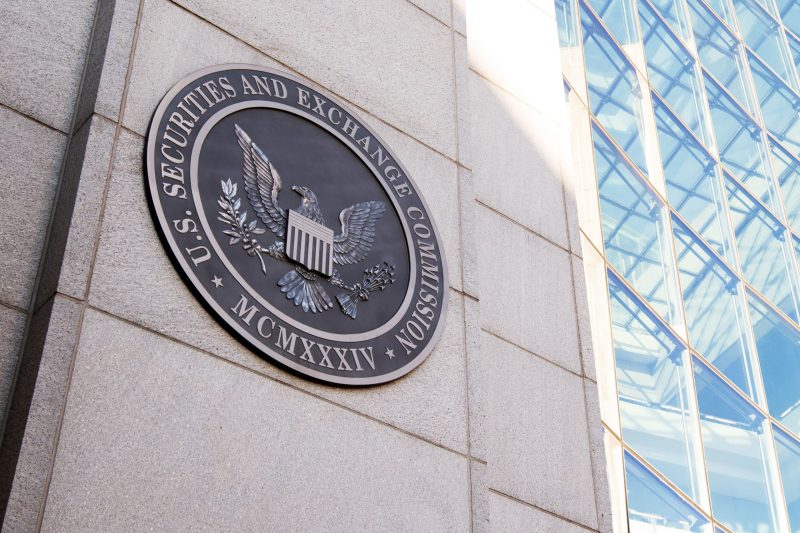The Securities and Exchange Commission (SEC) has been pushing to regulate cryptocurrencies since 2017, claiming it has the authority to oversee many digital coins and the platforms that trade them. The SEC can only regulate digital coins classified as securities, which include assets such as stocks and bonds. SEC Chair Gary Gensler believes most crypto tokens fall within that category, implying that many were distributed illegally.
Crypto Tokens and Investor-Protection Laws
If securities are sold to the public without being registered with the SEC and without providing financial and risk disclosures, the issuer is liable for violating investor-protection laws. Regulators first warned crypto companies that many cryptocurrencies resembled securities in 2017, outlining how they would use a Supreme Court test to define them. Since then, the SEC has labeled nearly 80 crypto tokens as securities, many of which involved some kind of fraud, according to The Wall Street Journal.
Also Read: International collaboration needed to regulate crypto: Indian Finance Ministry
Enforcement Actions and Industry Complaints
A small percentage of the total number of cryptocurrencies trading in the U.S. has been addressed in six years of enforcement, as the SEC claims each token requires its own in-depth legal analysis. Many enforcement actions targeted digital coins that never traded on major crypto exchanges. The SEC has only labeled one of the top-10 cryptocurrencies, XRP, as an unregistered security. Major American exchanges, such as Coinbase and Kraken, then delisted XRP, making it unavailable to users.
U.S. users could trade XRP on crypto exchange Bittrex until April 30. The SEC sued Bittrex last month for alleged regulatory violations, leading the exchange’s U.S. arm to shut down operations. The SEC’s enforcement-driven approach to labeling cryptocurrencies as securities has sparked industry complaints that regulators are expanding their jurisdiction through aggressive tactics. However, Gensler argues that developers have been aware of the SEC’s views for years and bear the risk of determining when securities laws apply.
